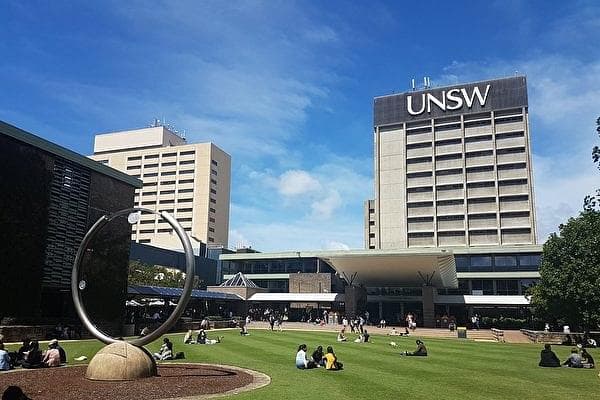Master of Biomedical Engineering at University of New South Wales
Sydney, Australia
- Tuition Fee AU$ 49,185
- Country Rank#1
- Duration19 Months
- Score IELTS: 6.5 TOEFL: 90
Program Overview
As a Biomedical Engineer, you’ll help create new technologies that improve disease diagnosis, find new and better ways of patient monitoring, revolutionise medical treatment and improve the quality of life for people with life-threatening or debilitating diseases and conditions.
You’ll gain the expertise to enact change in influential areas of human health, applying engineering principles to develop technologies and solutions in a range of healthcare-related fields that improve human lives, including:
-
Medical devices
-
Implantable bionics
-
Drug-delivery system
-
Medical imaging and radiotherapy
-
Orthopaedic devices
-
Robotic surgery
-
Cell and tissue engineering
-
Physical rehabilitation
This unique field brings together many engineering disciplines, including electrical engineering, mechanical engineering, computer engineering and chemical engineering.
Designed for students with a medical, biological science, physical science or engineering background this degree consolidates and specialises your knowledge in biomedical engineering.
Cost Of Studying At University of New South Wales
Interest rates as low as 8.9% *
250K+
Students Assisted
800Cr+
Loan Amount Disbursed
5000+
Loans Sanctioned
